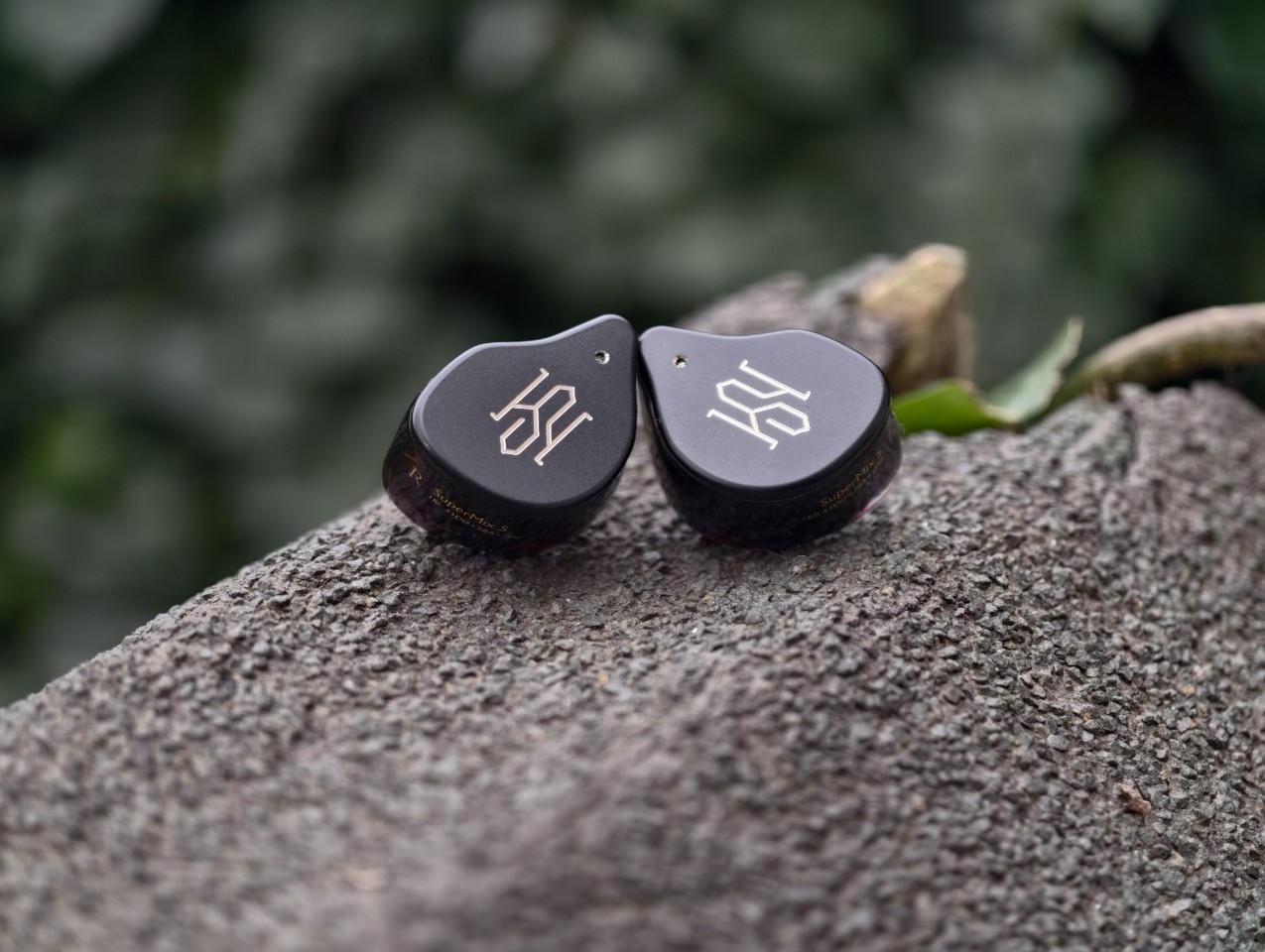I bought the Yamaha EPH-100 about 2 years ago and wanted to mod it after I saw the Yamaha EPH-200 which is simply an mmcx version of the EPH-100.


The teardown process wasn’t so easy with EPH-100. The 6mm micro dynamic driver is sitting on the edge of the nozzle and it’s deeply attached to the tiny body in an aluminium shell. On the first day, I tried some heating and acetone to loosen the glue and tried politely with no luck. On the second day, I decided on a more radical solution.

Only with some real force, I was able to teardown EPH-100’s nozzle from the body. Finally 🙂
As you can see the nozzle part is actually the IEM itself, the back shell is so tiny, only holds the cable hole, the nozzle and a couple of mm in length backwards.
First I tried to make the cable hole a little bigger for the mmcx connector and screw the connector into the body. But there is so little place inside the back shell it wasn’t tight and strong enough. Sure I could use some epoxy on the outside to glue the connector from the outside but I know I wouldn’t like the look. Then I decided to place to the nut of the connector on the outside of the shell for a cleaner look and stronger fit.
Looking good right? But there is a detail which is very important that I realized later. The body where I decided to apply the nut is very thin aluminium. I wanted to carve it more for a perfect fit and look but crushed it while I was working with pliers. What a bummer!
I needed new shells! I don’t have many options in the house, only wood that I can shape or carve with the Dremel tool. I had some samples that I bought before and decided to use mahogany wood for its colour that can match with brass which is used on the nozzle metal, which I realized after sanding it.
After a couple of hours of sanding and carving, they finally got their shape. I installed the mmcx connectors and continue carving until the nozzle fits tightly.
The back of the nozzles was covered/blocked with the cable itself for tuning purposes I guess. I decided to change this in the name of testing wood shell acoustic changes if there will be any. Unblocked the original cover and put a piece of foam inside.
Then I soldered the cables. Placed the nozzles to the wood shells with just some glue in case I needed to open them later for tuning. I also closed the back of the wood shell by glueing the old wood faceplates from another IEM (Geekwold) and done some final sanding.
How do they look? 🙂 I was so frustrated after I crushed the aluminium shell but in the end, I am so happy with the wood shells which was not my plan at the beginning obviously. They look awesome and one of a kind 🙂
There is more. The sound. It turns out that the Mahony wood shells affected the sound much more than I imagined. If you are reading this you probably know how the EPH-100s sound. Add a huge soundstage, more dynamics and somehow uplifted mids to the original sound. I present you the Yamaha EPH-300 🙂


























